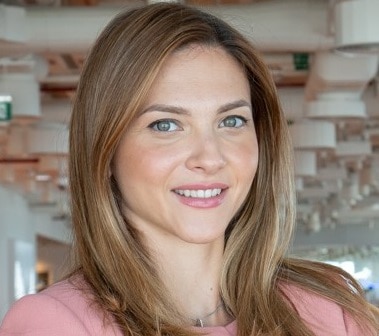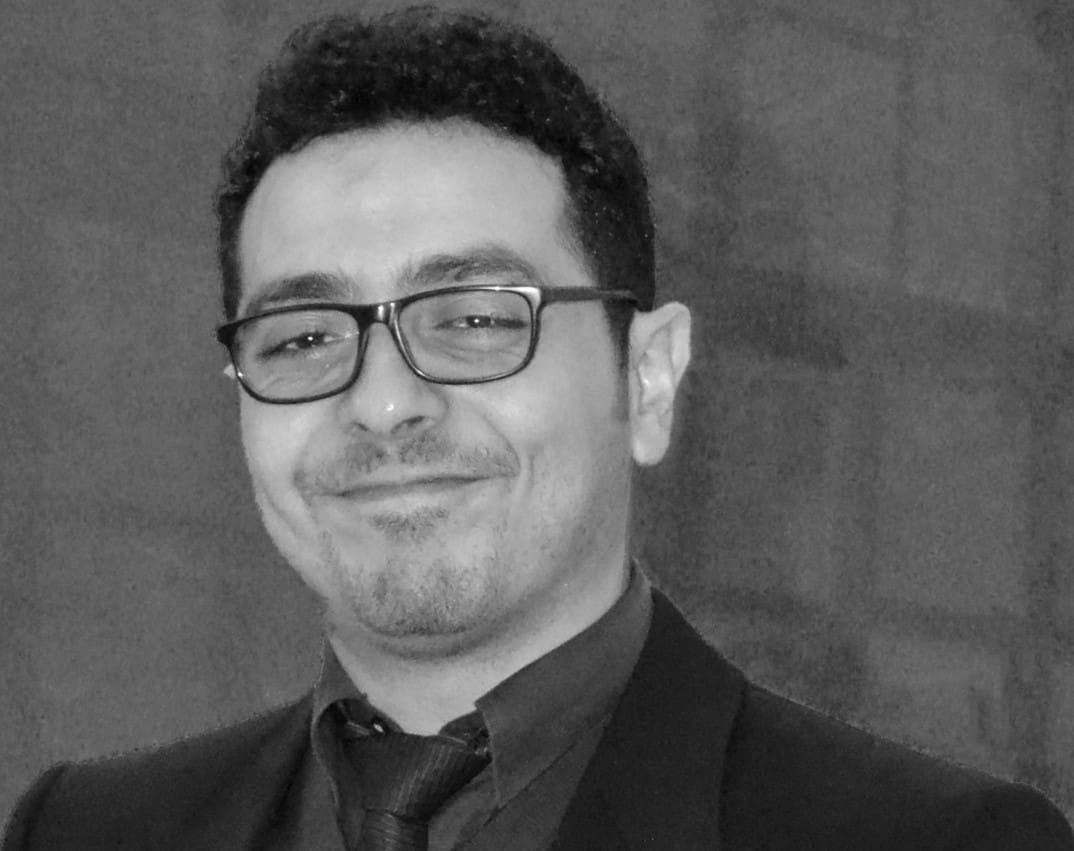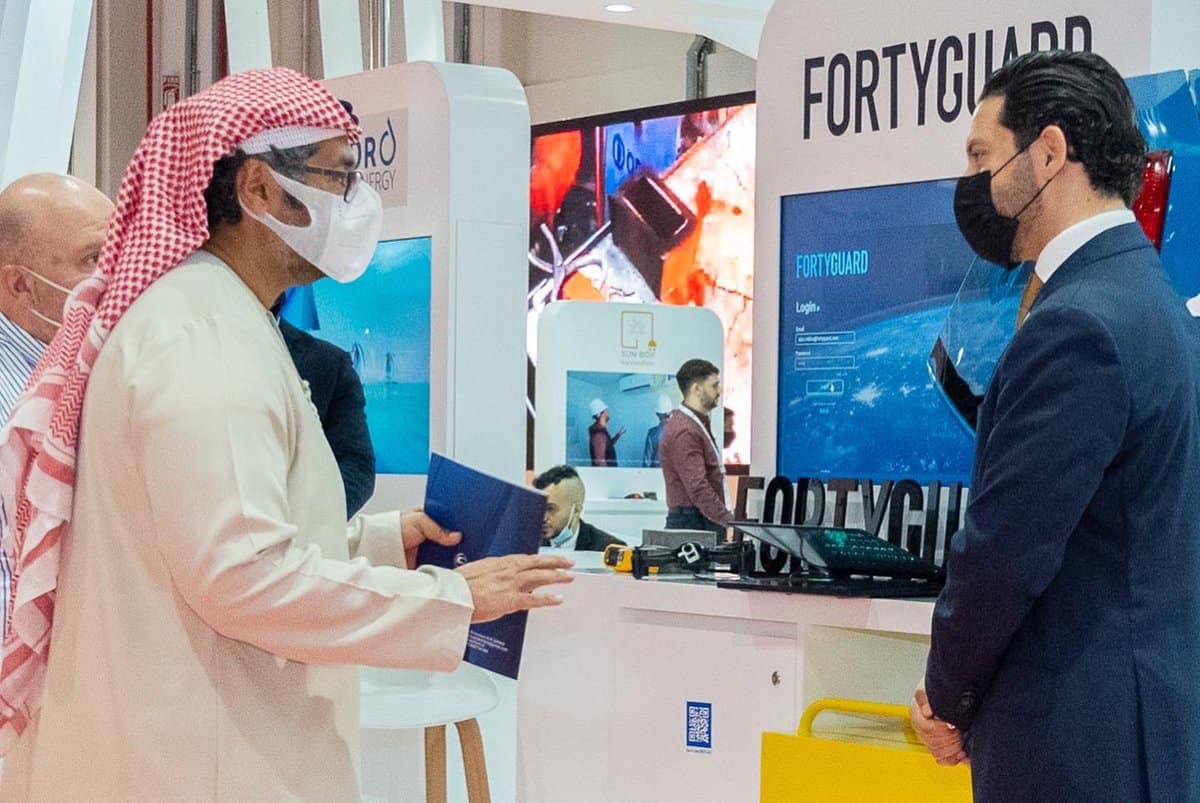Climate change has emerged as a greatest threat to our planet, from rising sea levels, abnormal spike in temperatures, widespread forest fires, to drought, the world can only survive this onslaught if we have smart solutions to overcome this crisis.
Alongside the initiatives taken up by the governments across the world like the planting of more trees, the scaling down of greenhouse gases, there have been many other private efforts to fight off the adverse effects of climate change.
According to FortyGuard, more than 400 cities are impacted by the urban heat island effect and increasing energy consumption that makes cities less comfortable for communities.
Today, a growing number of startups are hitting the market with technologies that showcase innovative contributions to urban sustainability, cooling solutions, and heat control. One of the most notable startups is Abu Dhabi-based FortyGuard, whose mission is to map temperature patterns in hot cities, using data to guide improvements.
This clean-tech startup, was founded in 2020 to identify the risk of extreme heat caused by the urban heat island (UHI) effect. They have developed state-of-the-art data sensing system and a software platform to help mitigate growing heat emergencies at street level. They focus on street level where humans are most impacted by city temperatures.

Sanja Lazic, FortyGuard Associate Director of Business Excellence
“FortyGuard provides cooling analytics and insights to assist decision-makers reduce outdoor street-level temperature” said Sanja Lazic (FortyGuard Associate Director of Business Excellence) to TRENDS.
She added: “Our mission is to cool hot cities by using granular data to guide reduction of street-level temperatures in areas suffering from the extreme outdoor heat.”
“We provide measurements and insights that help government agencies and private businesses make informed decisions about how best to use a blend of classic and state-of-the-art heat mitigation technologies,” she continued.
Systematic solutions
Urban heat islands occur when cities replace the natural land cover with dense pavement, buildings and other surfaces that absorb and retain heat. This effect increases energy costs, air pollution heat-related illness and mortality.
According to FortyGuard, more than 400 cities are impacted by the urban heat island effect and increasing energy consumption that makes cities less comfortable for communities.
The startup offers a systematic solution to reduce urban heat by sensing, mapping, and predicting the impact of urban heat on the cityscape.

“As data experts, we understand energy & heat requirements. We believe that what gets measured can be improved and that understanding data leads to the best solution,” Technology Associate Director Mosaab Mattar explained.
“Based on the detailed heat mapping ability we have developed, we can outline heat impact to the square meter and with visualization tools we give true meaning to mass heat data. With such data, targeted decisions can be made to improve the city environment for expanding populations”
Cooling cities will save energy, extend material lifecycles, improve human health, and help cities achieve multiple United Nations’ Sustainable Development Goals, all of which should be prioritized.
According to Mattar, FortyGuard utilizes collated heat data is part of our plan for unified urban heat digitization, and a proprietary model of data to understand the problem and guide changes intelligently.
“We gather dynamic, mobile, human-level temperature data and produce insights encompassed in fine 2d temperature mapping. Clients can strategically direct resources and capital expenditure to target improvements in their local heat models, minimizing waste and maximizing micro-environment improvement. For example, we recently completed a successful commercial pilot project with Masdar City, mapping the street level heat patterns over the course of 6 months,” he continued.
FortyGuard intends to export its technology outside the UAE. The startup is now working on a variety of partnerships with universities and government agencies that will allow them to hire more specialists and scale their business.
“As we continue with our software build, we plan to run a limited number of pilot projects before accepting commercial projects in the 3rd quarter. We want to improve residents quality of life in the areas where we operate by reducing the urban heat in schools, hotels, parks, and cities generally,” Lazic said.

